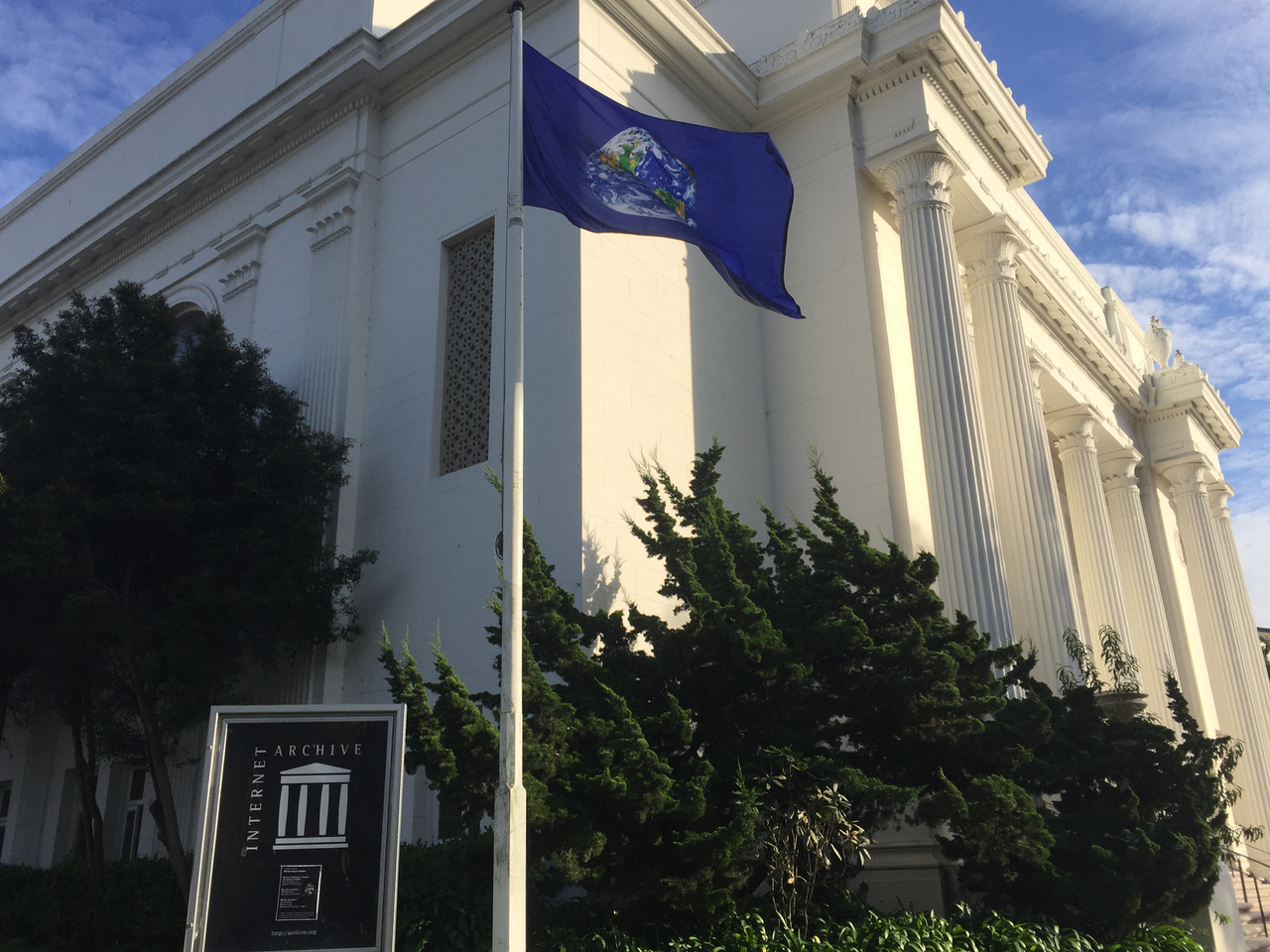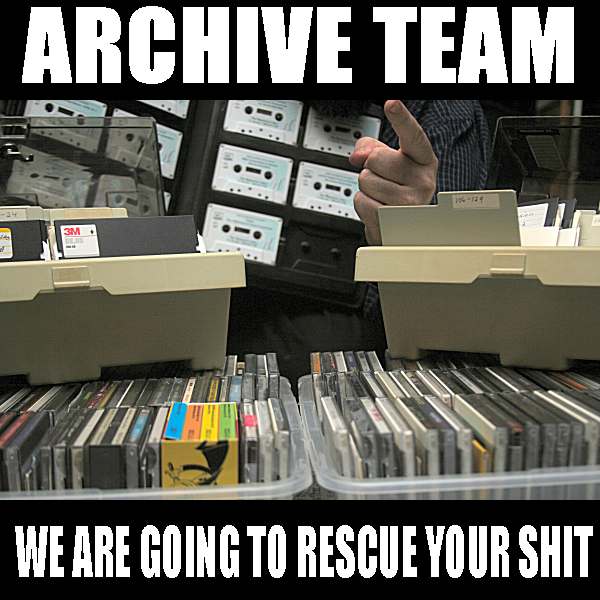Saving the Web
web archiving as everyday practice



Thesis Abstract
This PhD thesis studies the work of web archivists. It includes empirical examples of how web archives can be understood as socio-technical infrastructures that are composed of both human and non-human agents performing largely obscured and invisible labour that has material consequences for both the archive and the Web. Using an ethnographic approach, I outline three facets through which to understand how web archiving shapes the archived Web: infrastructure, culture and politics. Using three diverse sites of investigation and a combination of ethnographic non/participant observation, interviews and documentary sources, I argue that the web archival activities of organisations, people and bots are both historically-situated and embedded in the contemporary politics of online communication, information sharing and accessibility. Web archives are reflected on as ‘places’ where the past, present and future of the Web collapses around an evolving assemblage of socio-technical practices and actors dedicated to enabling different, (and at times, conflicting) community-defined imaginaries for the Web. Web archives are revealed to be contested sites where these politics are enabled, enacted and re-enacted over time. By focusing on cases outside of traditional institutional memory contexts, this thesis contributes to wider discussions around the performance of power and politics on the Web, and raises new questions concerning how communities negotiate the challenges of ephemerality and strive to build the ‘Web they want’.
Project Outputs
- Re-Configuring Web Imaginaries: Reflections on Community-based Web Archiving for Data Justice, paper presented at the British Sociological Association Conference 2018, Northumbria University, Newcastle, UK, 10 – 12 April, 2018. [Abstract] [Slides]
- Maintaining the Web: Web Archiving, Labour and the Internet Archive, paper presented at the Association of Internet Researchers Conference 2017, Tartu, Estonia, 18 – 21 October, 2017. [Extended Abstract] [Slides]
- Observing Archives: Web Archival Labour as Socio-technical Practice, paper presented at the 4S: Social Studies of Science and Technology Conference 2017, Boston, MA, USA, 30 August – 2 September, 2017. [Abstract] [Slides]
- Observing Web Archives: The Case for an Ethnographic Study of Web Archiving, paper and publication at the ACM Web Science Conference 2017 in Troy, New York, 25-28th June, 2017. [Paper] [Slides]